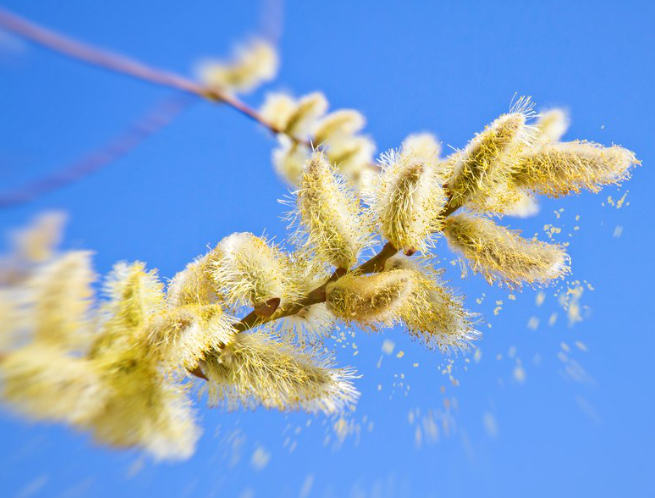Seasonal allergies are awful, runny nose, itchy throat and head congestion are some of the main symptoms we all suffer, these can usually be soothed with over-the-counter medication. However location may still impact how bad your allergy season will be.
There are some cities that are more challenging to live in for people with pollen allergies.
The Asthma and Allergy Foundation of America sifted through data of “the 100-most populated U.S. Metropolitan areas” to determine the “Allergy Capitals” of America in 2023.
Some factors the organization considered for the ranking include:
- Tree, grass and weed pollen scores
- Availability of board-certified allergists and immunologists
- How often over-the-counter allergy medicine is used
Claiming the title of ‘Allergy Capital’ is none other than Wichita, Kansas.
In Kansas, sunflowers grow all throughout the state in large numbers, which makes it less surprising that residents are experiencing increased allergy symptoms.
Wichita, specifically, has plenty of sunflower fields, and fewer board-certified allergists and immunologists than most other cities.
Here is the list of the top 10 worst pollen allergy states:
- Wichita, Kan.
- Dallas, Texas
- Scranton, Pa.
- Oklahoma City, Okla.
- Tulsa, Okla.
- Sarasota, Fla.
- Cape Coral, Fla.
- Orlando, Fla.
- Des Moines, Iowa
- Greenville, S.C.
Dallas claimed the second spot on the list for its high levels of pollen and worse-than-average allergy medicine use.
Scranton, Pa. came in third place, and it’s surprisingly not because of its pollen scores, which were pretty average. Despite average pollen levels, residents of Scranton use allergy medicine more than residents of other cities, and there aren’t many allergy specialists in the area.
High levels of pollen also seem to be a big issue in Oklahoma areas like OKC and Tulsa. And, Florida made the top 10 three times, including Orlando, due to worse-than-average pollen scores and allergy medicine use.






